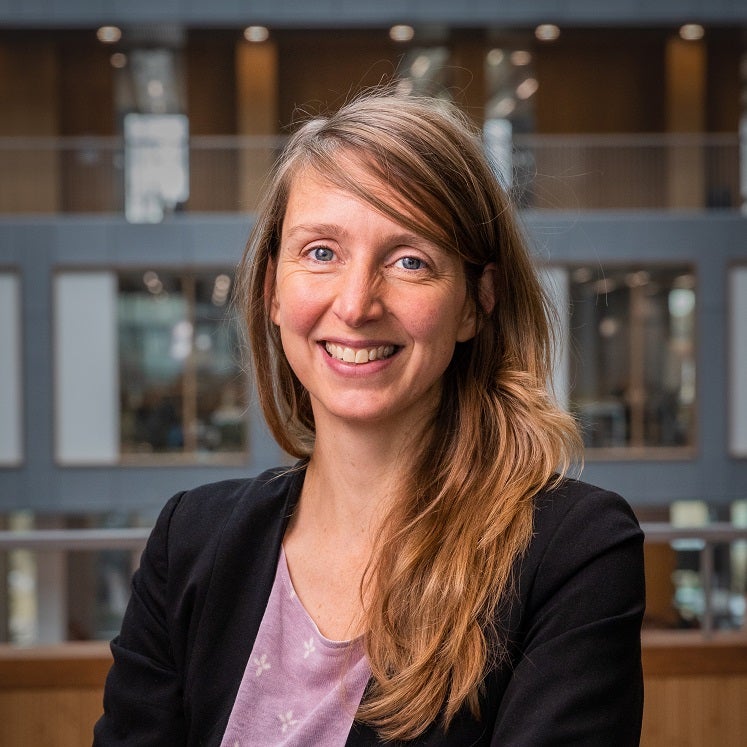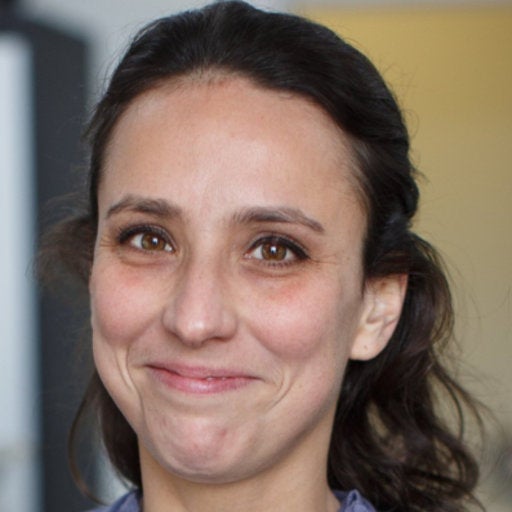Revitalising science-society relations in the climate crisis
While the urgency of the climate crisis increases, citizens question the relevance and trustworthiness of science more and more. They may feel like the academic world is too far removed from their daily lives, or find it difficult to see how science can offer solutions to their problems.
We have seen that the conventional perception of science as a producer of objective knowledge no longer applies in dealing with complex social-scientific crises – such as the COVID-19 pandemic or the climate crisis. The same goes for the associated, traditional form of science communication, which often assumes that the public does not understand the problem, and therefore needs to be informed by science. This approach has proven to fall short in restoring trust and reducing polarisation and sometimes even achieves the opposite.
We believe that new forms of science communication have the potential to improve the strained relations between science and society in the context of the climate crisis. Novel approaches should focus on aligning scientific knowledge with citizens’ perspectives and (lived) experiences. We should ensure that all voices will be heard and valued.
A new form of science communication
Athena’s science communication team aims to develop a new form of science communication for climate crisis-related science. One that can strengthen the relationship between science and society.
The project will deliver:
- insight into citizens’ perceptions and experiences of the climate crisis;
- a democratically-informed index of climate research questions;
- a democratically-informed research agenda;
- an interactive and dialogical method for citizens and scientists to deliberate about complex problems;
- an evaluation of citizen assemblies as a form of science communication.
Socially-responsive climate science
Two consecutive projects will build towards these outcomes. The first project, Science on the Fray, contributes to making climate science more socially-responsive. It investigates how and why climate scientists engage with societal actors in public debates, and how they experience this. We interviewed 35 scientists working on climate-related issues. During de Proeverij, we reflected on the findings, together with the researchers involved and other people who are interested. Here, we will also tested how civic assemblies could work as a method of science communication.
Citizens’ assemblies
In the second project, Science in/and Crisis, we build on the former project by studying the method of citizens’ assemblies as a new dialogical form of science communication on climate-related issues. Together with our partner, G1000, we organise four citizens’ assemblies, each in a different region of the Netherlands (Roermond, Wormer, Assen and Zutphen). This gives a diverse range of citizens and climate-crisis-related experts the opportunity to enter into dialogue with each other. Together, they will deliberate what the climate crisis means to them, and what kind of knowledge and research they feel is needed to help tackle the climate crisis.
Each citizen assembly consists of two meetings—the first is purely for citizens to deliberate on their perceptions and experiences of the climate crisis and their related research priorities. During the second meeting, citizens and experts will build on the findings from the first assembly to jointly develop a new research agenda to address the climate crisis.


